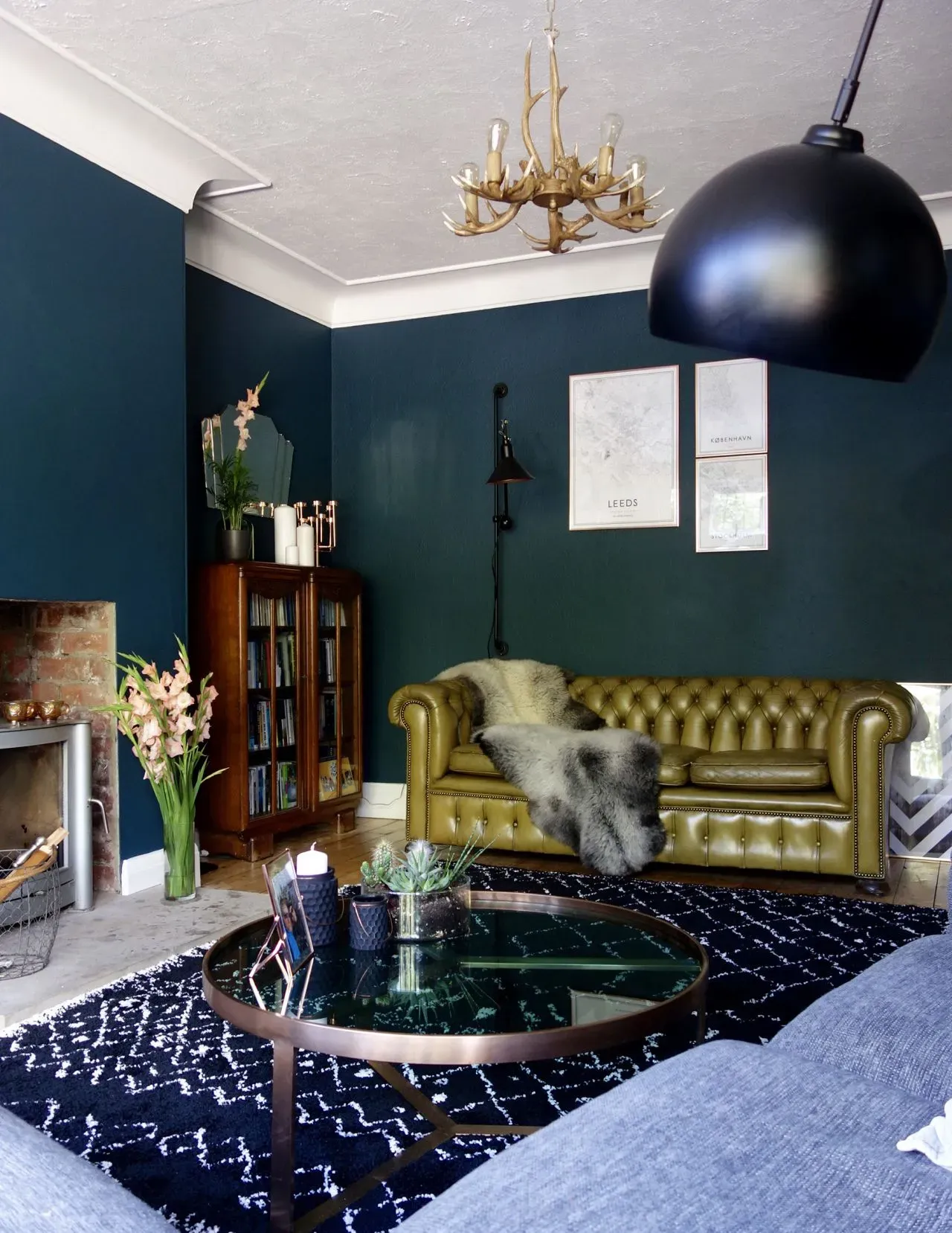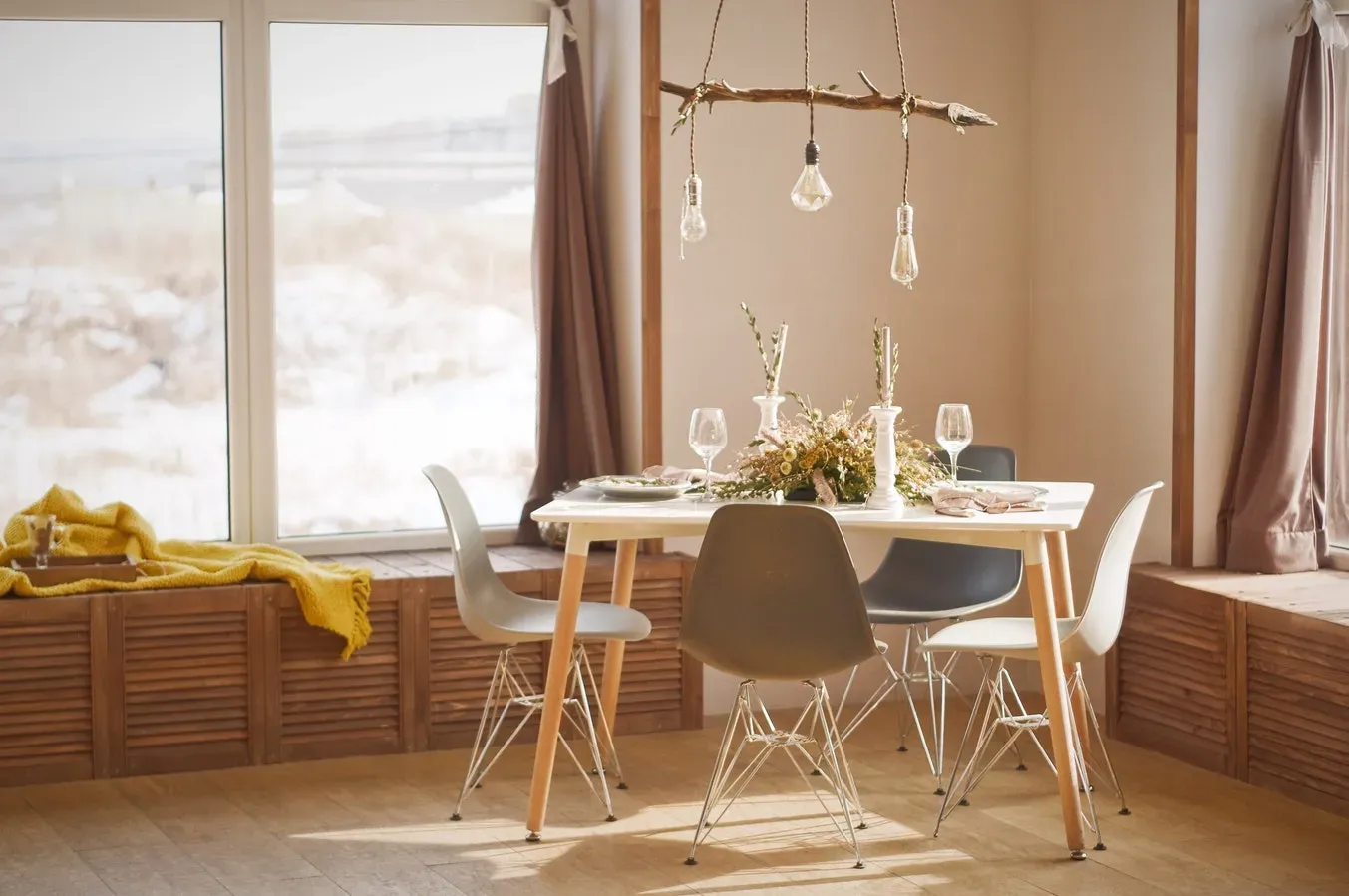The World Of Antiques Has Changed, Have You?

James Broad
Jul 6, 2024 | 6 min read

Okay, lets admit it, the antique world has changed immensely. But has it changed for the better or is the industry doomed? This is a question which may receive a mixed response. In my opinion, I think being an antique dealer today, is better than its ever been. We are lucky enough to be alive in this digital age where we can connect to a dealer across the other side of the world within a matter of seconds, we can sit in the comfort of our own home and bid online for that Danish sideboard, we can list an item for sale within a couple of minutes on any platform you want, we can learn how to do something by searching the web, we can research and value pieces without scanning through all your Millers guides and we can sell our products to a global audience for FREE. We are in the digital age so why not embrace it?
Don't be a Technophobe

We have been gifted this wonderful thing called Google, one of the most intelligent and complex systems ever been created. It is a portal of knowledge for everyone to use, so why would you choose not to use it? It’s a system which can give you answers to any questions you have, you can learn to do anything completely free of charge, you can read blogs from the industry leaders, you can buy something and it will arrive the next day, you can list an item for sale on any website within a few minutes, the list goes on and on and on….. So it amazes me that some people still aren’t using this incredible invention. Google has allowed millions of people to follow their dreams, so please read on and let's begin yours!
High Street Shops vs Online Sales
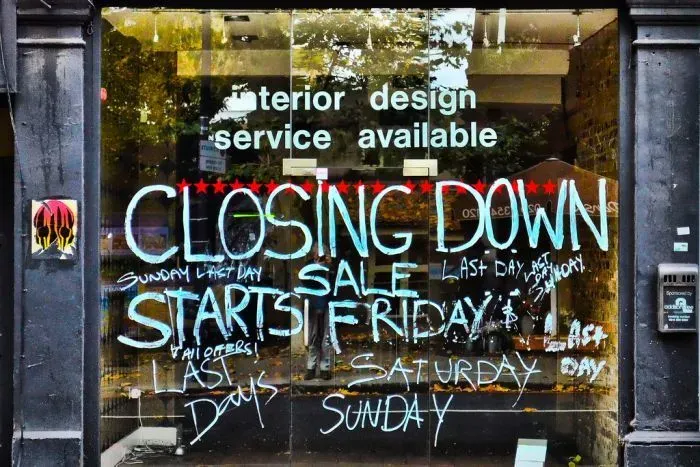
This is a hot topic in the world of antiques, but luckily I have experience in both. When I initially started I had a unit in an emporium close by. I loved the fact I could make this little space my own and lay it out exactly how I wanted. I never grew tired of people complimenting my space, but unfortunately compliments don’t pay bills. I struggled to make ends meet which unfortunately forced me to give the space up. I believe the reason I struggled was due to the fact my items were a little different and maybe the Cheshire country side wasn't ready for my taste, the small amount of traffic that entered the shop and the space I had wasn’t huge, so I could only display a certain amount of pieces. Compare this to my now, 2000 sqft warehouse, the 5 platforms I sell on which are available for millions of people to see worldwide and the fact the marketplaces I sell with are spending thousands of £’s advertising my products every single day, all for a relatively small commission, not too bad hey? I know the internet may seem like a scary place and a difficult thing to grasp, but honestly, once you get the hang of it, it’s not as bad as it looks.
What Will I Need?
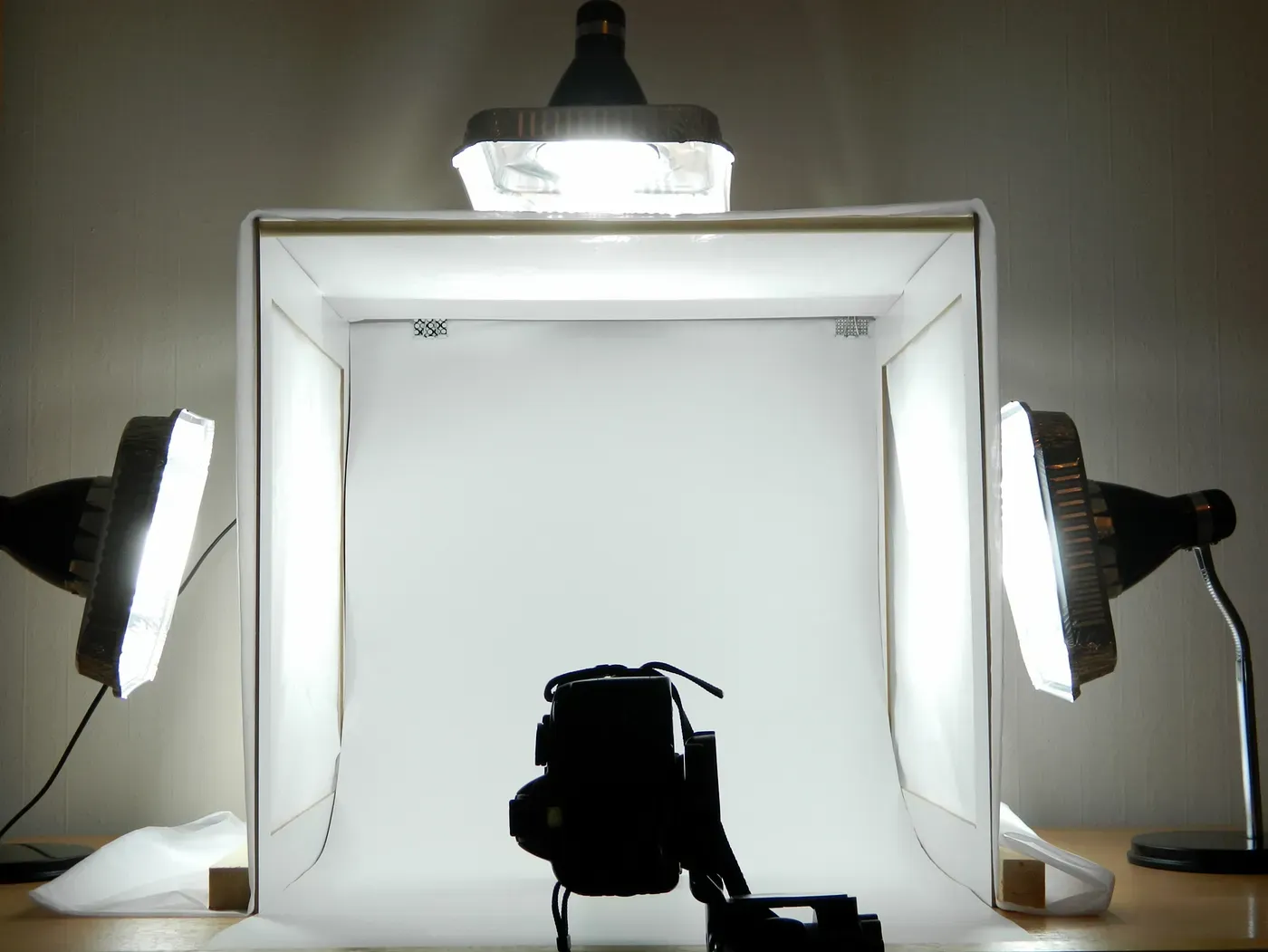
Luckily, you don’t need much to start selling your products online nowadays. A good camera (most smartphones will be good enough), a pair of soft box photography lights (choose the right size for the products you sell), a clear space where you are able photograph, a computer or laptop, a tape measure and a place to store your items. Not much compared to the mountain of things you need to set up a high street shop!
Where Do I Start?

Okay, so now you’ve invested in your equipment its time to get started. The first step is to choose the platform you want to start selling on. There are many marketplaces out there who are fighting for your attention, here’s a list of some of the more well known platforms: Ebay, Intique, Etsy, Pamono, 1st Dibs, The Hoarde, Decorative Collective, Antique Atlas and Selency — in my next article I will be going through the pros and cons of each platform to help you make your decision on which to choose! For now, I’d recommend starting with Ebay who has high volumes of traffic, doesn't have any strict guidelines on the requirements of selling an item and will get you used to the listing process. Please be aware though, to sell on Ebay you require a Paypal account and when you initially start selling, you are only able to list up to 10 items (so maybe don’t quit your daytime job just yet!)
Presentation Is Everything
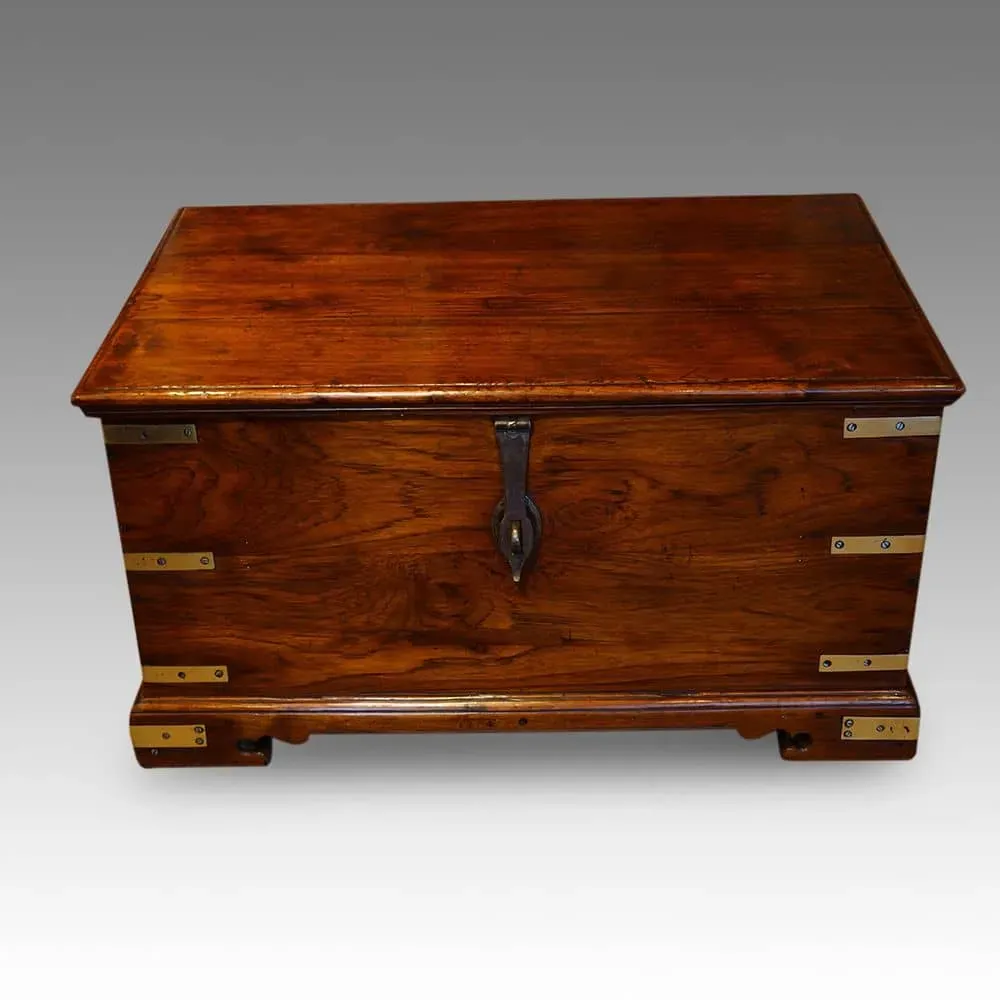
Just like the food industry, presentation means everything. Look at it like you would a menu; one restaurant serves a “beef burger” the one next door serves a “100% British beef quarter pounder with locally sourced salad & homemade salsa in a seeded brioche bun” — let’s face it, which one would you choose? Someone who takes the time to present their product well, cares. So when you come to list your items, make sure they are in tip top condition. If it’s furniture, treat the wood type, if the fabric is tatty, get it upholstered or if its a mirror, give it some elbow grease and get those finger prints out!
Pictures Speak a Thousand Words
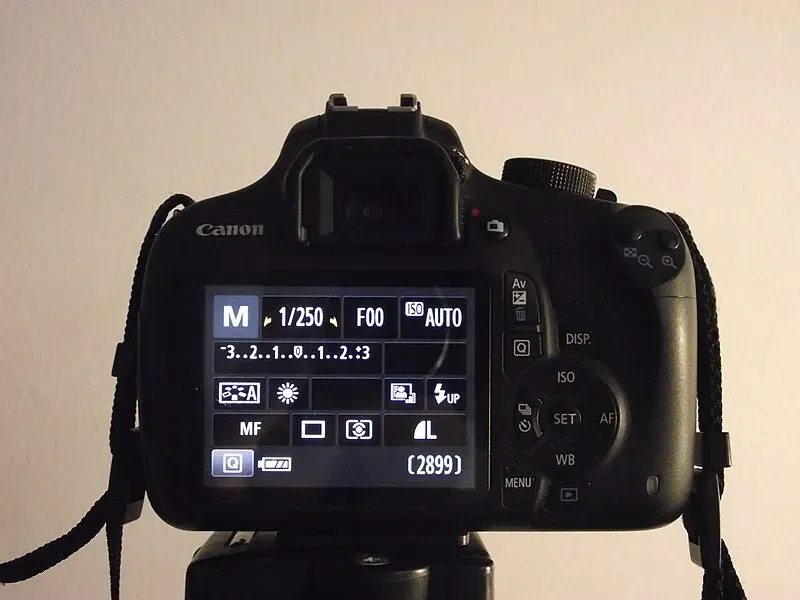
Photos are pretty much the main deciding factor over whether your item does or doesn't sell, so make every photo count. Ebay allow you to have 12 photos so you should try to use all 12! Get every angle possible, photograph each detail and make sure to photograph any damage to avoid customer dissatisfaction which will result in negative feedback. Never use blurry photos — if necessary, rephotograph in order to avoid looking unprofessional.
Learn the Search Engine
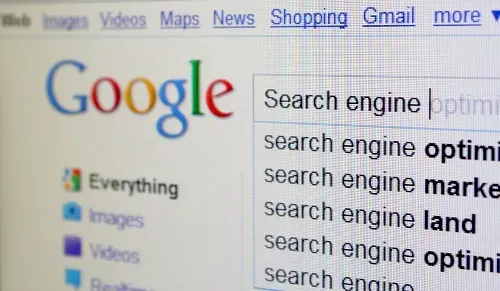
Every marketplace will have a different search engine. Ebay works off titles, which is why you will see overuse of keywords in the title such as: Retro Vintage Mid-Century…. The reason people do this is so when people search “retro chair” or “vintage chair” your item will still show. Take a look what similar sellers are putting in the title and take some tips from their listings. If you sell on Etsy, they use keywords for their search engine, so you will have the option to add up to 13 keywords and you can add anything that relates to the item you’re listing. Intique is all taken care of by the curators. We do the work for you by adding all the search terms that people would search to find your product. As every platform is different, it is worth taking note how experienced sellers list their items as they will have gone through the trial and error process for you already! 😁
Let's Talk Money!
As every online selling platform is a business in itself, there will of course be fees involved, and to be honest, these websites do deserve it! A lot of time is spent running, maintaining, promoting and updating their platforms so the small 10–20% you pay, in my opinion, is more than worth it. Some dealers say its a lot to pay, but realistically, if you ran your own website or your own shop, how much do you think it would cost to promote it? You would have to spend £1000’s just to be noticed, so why not use the worldwide traffic that the marketplaces have already worked hard to gain?
